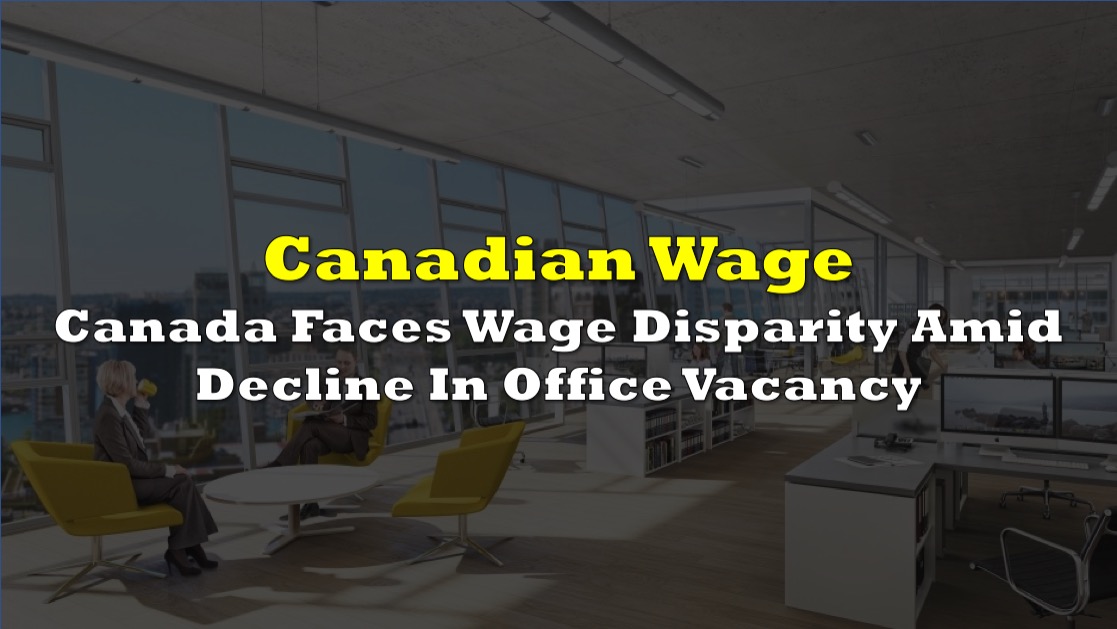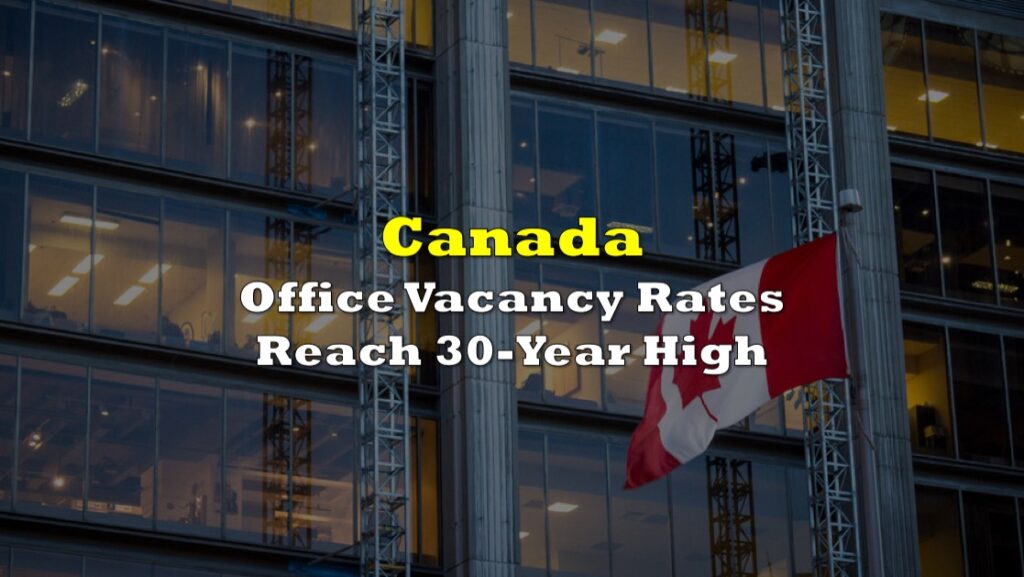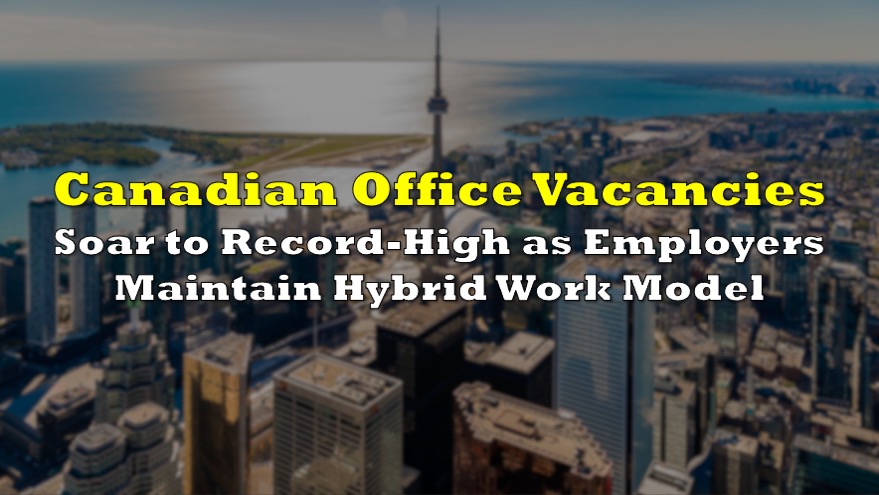Canada is grappling with a significant wage issue, as highlighted by public sentiments and recent studies. “When the selling feature of Canada has become low wages… we have gone full circle and become a 3rd world country…” an X user captured it in a post.
When the selling feature of Canada has become low wages… we have gone full circle and become a 3rd world country…
— Mortimer (@mortimer_1) June 9, 2024
“Lower labour costs are more pronounced in Vancouver… Technology workers in the U.S. are paid on average 46% more than workers in Canada”https://t.co/DaXvMFzV0U
Data reveals that technology workers in the U.S. earn, on average, 46% more than their Canadian counterparts, which translates to an approximate $40,000 disparity. This statistic comes from a study by Toronto Metropolitan University published in October 2023.
Additionally, Nathan Janzen, assistant chief economist at RBC, reported on February 28, 2024, that Canada’s relative unit labour costs have risen by roughly 5%, further eroding the country’s competitive edge.
Office boom
Despite (or arguably due to) the wage issues, Vancouver’s office market presents a contrasting narrative. While other North American cities struggle with high vacancy rates, Vancouver’s downtown office vacancy rate decreased by 2% to 14% in the first quarter of 2024, according to Cushman & Wakefield. This is a notable increase from the pre-pandemic vacancy rate of 2.1% in the first quarter of 2020, yet it still positions Vancouver as having the lowest office vacancy rate among major markets in North America.
Several factors contribute to Vancouver’s relative market strength:
- Cautious Financing and Development: Colin Scarlett, vice-chair of the Vancouver brokerage at Colliers Canada, attributes the market’s resilience to the cautious approach of developers. In Canada, developers often require significant pre-lease commitments before proceeding with new projects, a stark contrast to the higher risk tolerance seen in U.S. markets.
- Non-Head-Office Designation: Alain Rivère, vice-president of the High Technology Facilities Group with CBRE, notes that Vancouver’s status as a non-head-office city ensures that no single company’s downsizing has a disproportionate impact on the market.
- Labour Cost Advantage: Andrew Petrozzi, director and head of Canada research for Newmark Group Inc., points out that lower labour costs make Canada an attractive destination for large U.S. companies. This dynamic is particularly evident in Vancouver’s technology sector, which employed approximately 111,100 individuals in 2022.
Former U.S. President Donald Trump’s policies have also played a role in Vancouver’s market dynamics. The suspension of H-1B and other temporary visas in 2020 pushed U.S. tech companies to seek talent in Canada. Scarlett explains, “When Trump ended the H-1B visa program, U.S. tech looked to Canada generally and Vancouver specifically as a way to nearshore global talent that couldn’t work in the U.S.”
This shift benefitted tech giants like Microsoft and Amazon, which have substantial operations in Vancouver. The possibility of Trump winning the next U.S. election could reinforce this trend, as companies continue to leverage Canada’s labour market to offset visa restrictions in the U.S.
Vancouver continues to attract interest from international firms, especially within the technology sector. “All the same factors that made Vancouver a great office market pre-COVID, and the choice of many large U.S. companies, are still in place right now,” says Petrozzi.
Information for this briefing was found via Business in Vancouver and the sources mentioned. The author has no securities or affiliations related to this organization. Not a recommendation to buy or sell. Always do additional research and consult a professional before purchasing a security. The author holds no licenses.









